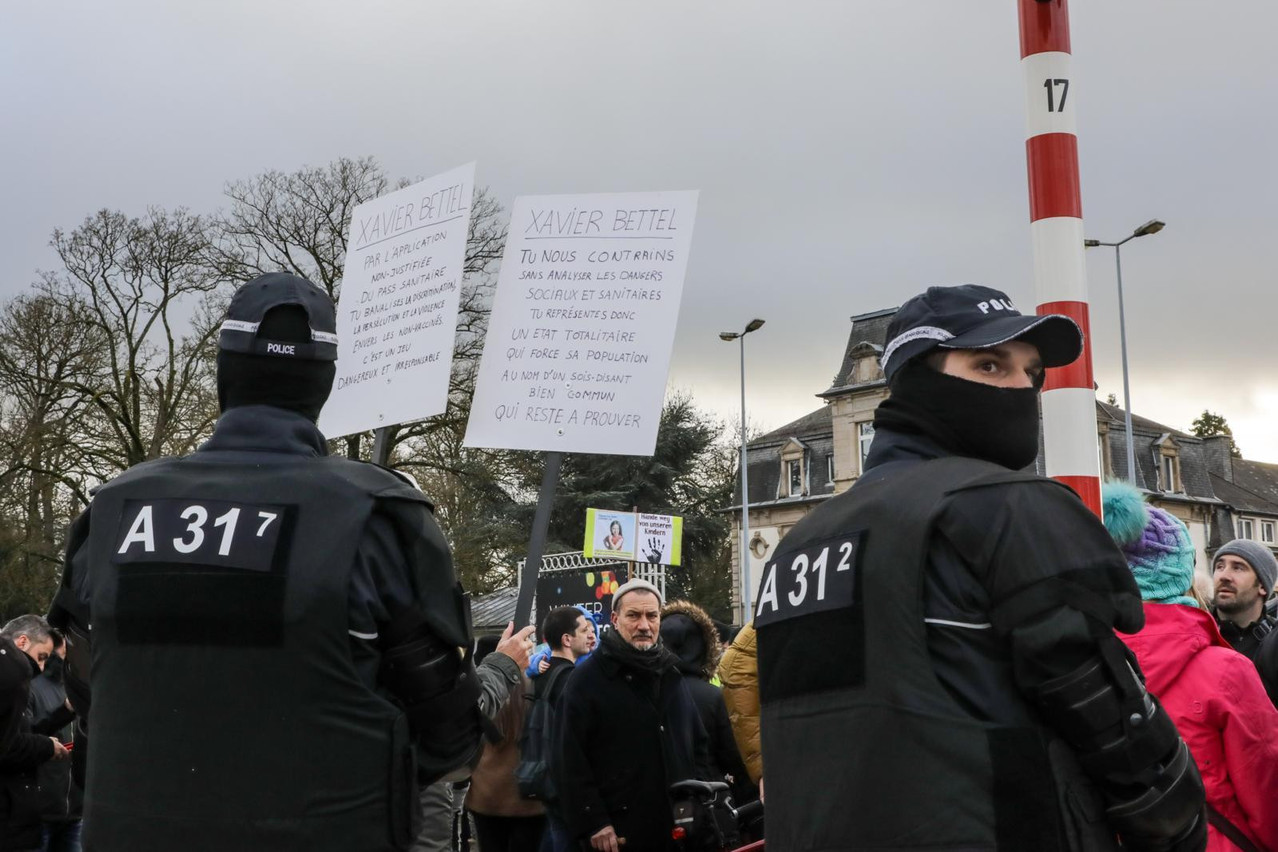Following repeated requests from police representatives, progress is finally being made on a law that will ensure all officers are obliged to wear bodycams. On Tuesday, minister of internal security Henri Kox unveiled details of what that legislation may entail.
A budget of €6m has been dedicated to setting up a bodycam system, procuring the hardware and relevant software and training officers in their use. An analysis will be made two years after their introduction and the law may be tweaked depending on what conclusions are drawn from that analysis.
The cameras will constantly take 30-second-long sequences of video that are repeatedly recorded over until the officer wearing the bodycam presses the permanent recording button. This allows the video to be automatically saved for 28 days, unless the recording is required in a case with legal consequences.
Kox said on Tuesday that the bodycams are mainly intended for uniformed officers on patrol or, for example, at demonstrations or when they are called to reports of domestic violence.
Officers will inform citizens likely to be captured on film that they are recording, if circumstances allow an oral warning. Otherwise the start of the recording is signalled by a beep and light.
The raw video files will be encrypted and stored on police servers--the officer who took the recording will not have access to the raw data. But officers can edit and copy recordings from their bodycam using special software if the video is required as part of a report in a criminal procedure, for example.
